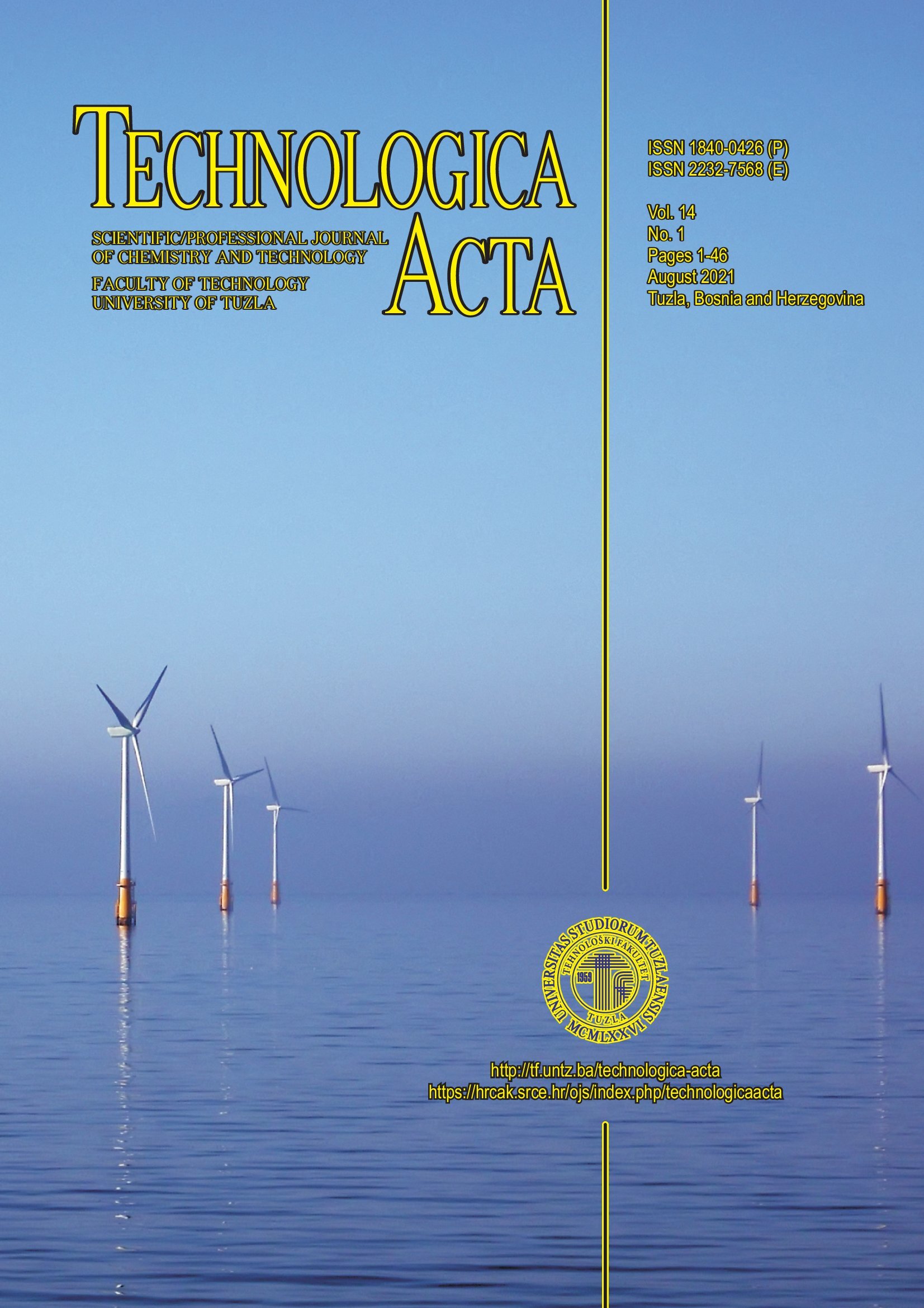Positive Impact of European Directives on the Implementation of Biofuels in Croatia
Keywords:
biofuels, renewable energy sources, Renewable Energy DirectiveAbstract
The first Directive on the promotion of renewable fuels was adopted in 2003 - Directive 2003/30/ EC of the European Parliament and of the Council of 8 May 2003 on the promotion of biofuels or other renewable fuels for transport. In 2009, a new (so called RED Directive, 2009/28/ EC) was adopted, which creates a legal framework to promote the use of energy from renewable sources. First generation biofuels require an increased share of arable land on which crops are grown for biofuel production. The Directive RED II limits the share of conventional biofuels to 7% and requires a minimum share of advanced biofuels from lignocellulosic feedstocks and waste in final energy consumption in the transport sector of at least 0.2% in 2022, 1% in 2025 and 3.5% in 2030.


